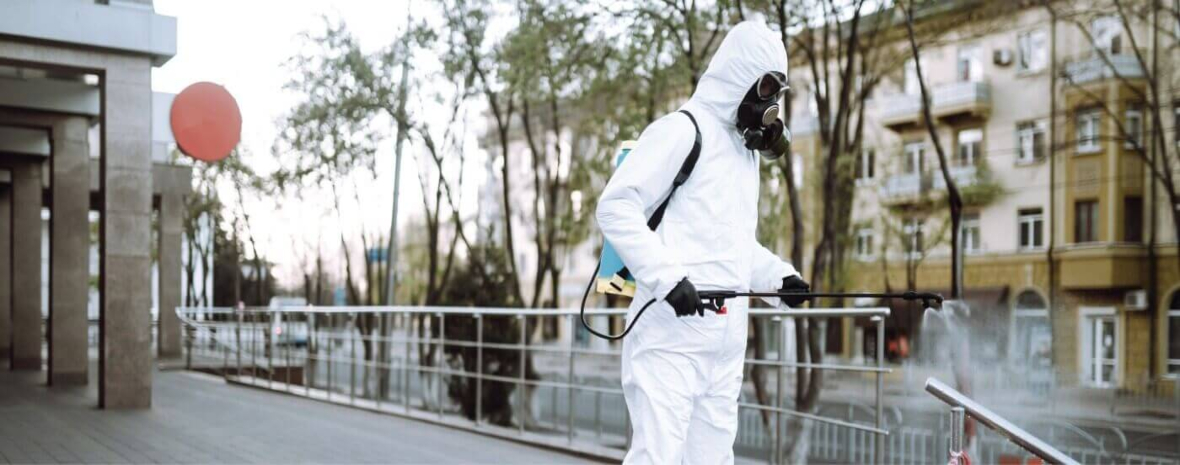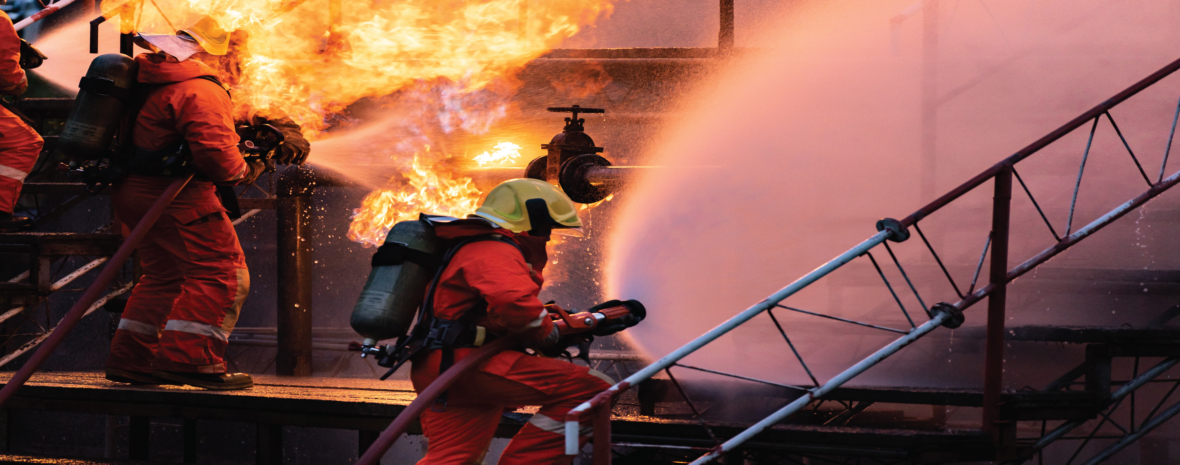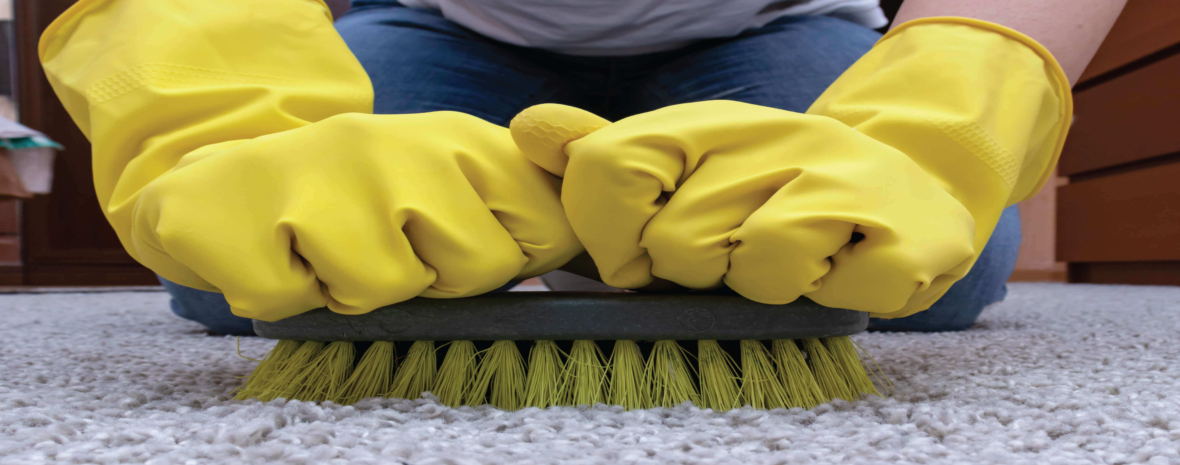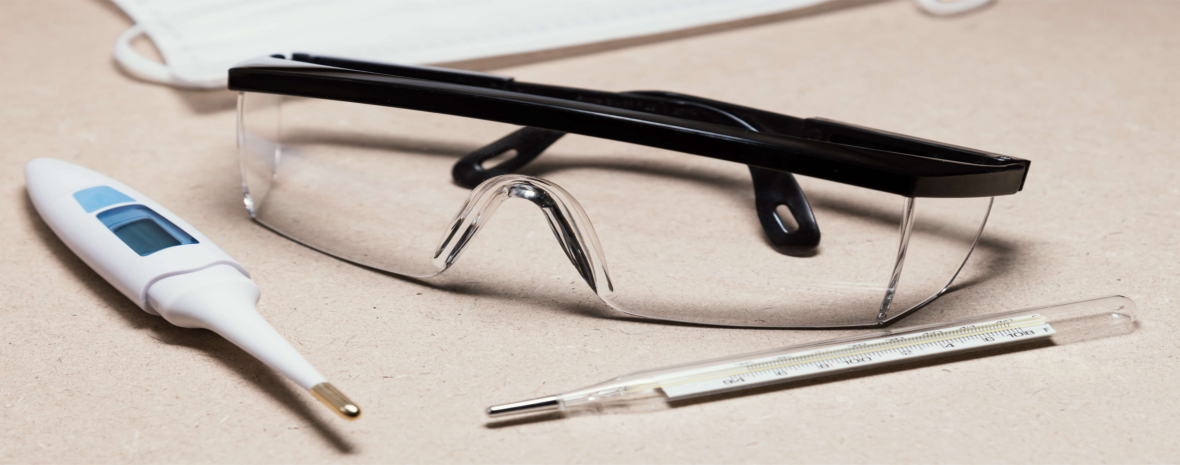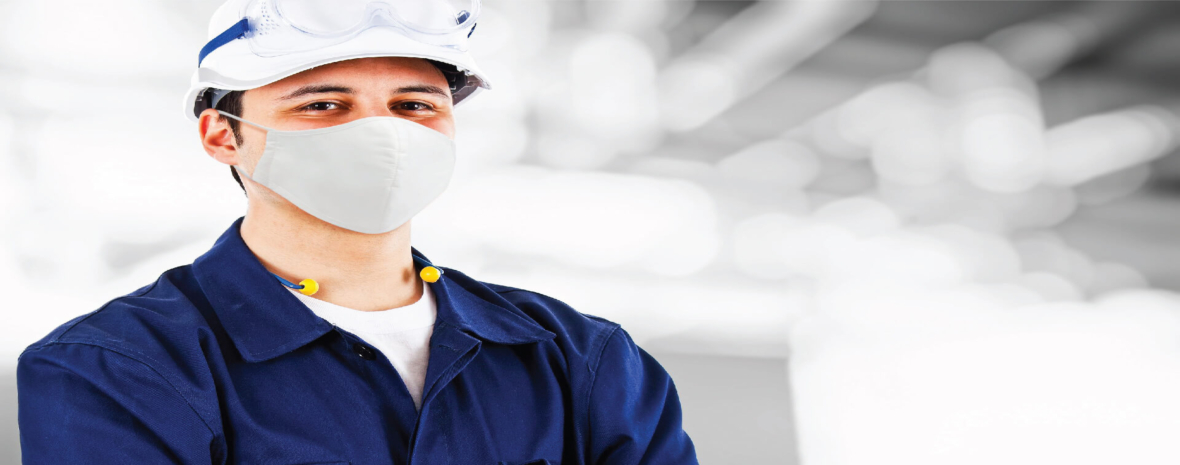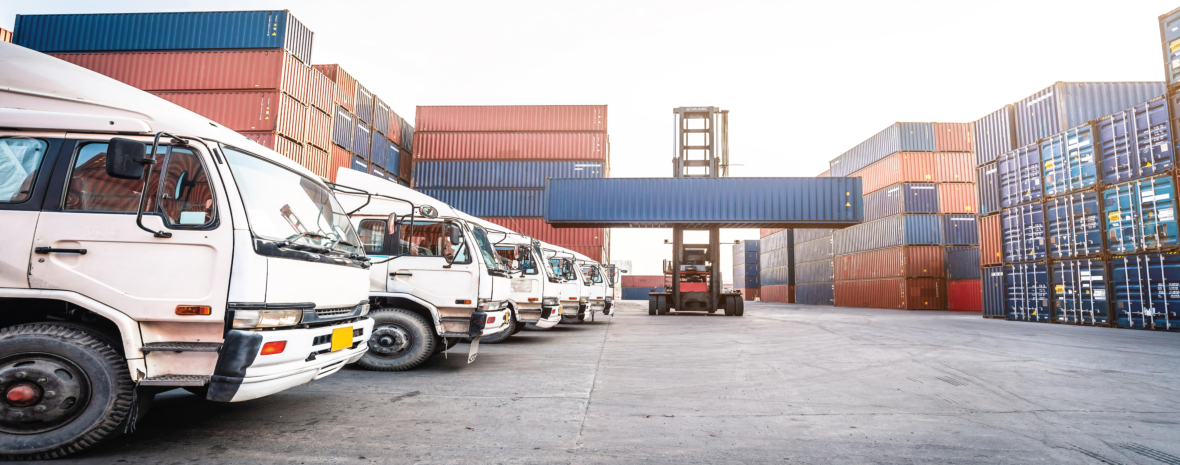We use cookies to make your experience better. To comply with the new e-Privacy directive, we need to ask for your consent to set the cookies. Learn more.
Author: International Enviroguard
The Ultimate guide to HAZMAT Suits and PPE
When working with toxic or dangerous substances, having the right protection matters. In the United States, potentially hazardous materials are classified as HAZMAT, and there are many regulations regarding how they can be handled, transported, and properly disposed of. For workers, the best way to...
Understanding the Globally Harmonized System
Every day, in workplaces and settings around the globe, workers handle a plethora of unique and hazardous chemicals. The Toxic Substance Control Act (TSCA) Chemical Substances Inventory provides information for more than 60,000 chemicals. It would be unfeasible for any professional to get to know...
Flame Retardant PPE
Do you work in an industry that requires FR clothing? FR, or flame resistant, clothing is a type of personal protection equipment (PPE) used to safeguard professionals in more industries than you might initially think. In fact, according to the Occupational Safety and Health Administration (OSHA),...
How Well Do You Know Your Workplace PPE?
From medical environments to processing plants to remediation sites and crime scenes, determining the right type of fabric to wear to keep yourself properly protected from the hazards you can encounter is incredibly important - and not all fabrics are created equal. However, with so many...
6 Benefits of Using Carpet Guards During Commercial Projects
Every now and then, you get to the end of a construction or remodeling project and realize that the customer’s carpet is damaged due to paint spills, dust, or other debris. At that point, you spend additional funds from your budget to replace or professionally clean the carpeting. This is why...
Taking Safety Precautions for Mercury Starts with Industry-Leading PPE
The need for safety precautions for mercury exposure cannot be understated. Mercury in the workplace poses a clear and present danger to the health and wellbeing of individuals in a wide range of industries. Without safeguards such as personal protective equipment (PPE) and disposable gear, this...
How To Choose The Best Face Mask When Not All Are Created Equal
The pandemic highlighted global vulnerabilities that left people everywhere scrambling to secure supplies of face masks to deter the corona virus. Although vaccines are coming to market that we hope will stop the spread and eliminate the contagion, experts anticipate that effective face mask...
Why is Supply Chain Diversity Important?
The pandemic continues to teach Americans a hard lesson that without supply chain diversification, essential workers struggle to secure life-saving equipment.
When the coronavirus spread disrupted global economies and stifled trade, the U.S. federal government discovered a shortage of N95 masks,...
